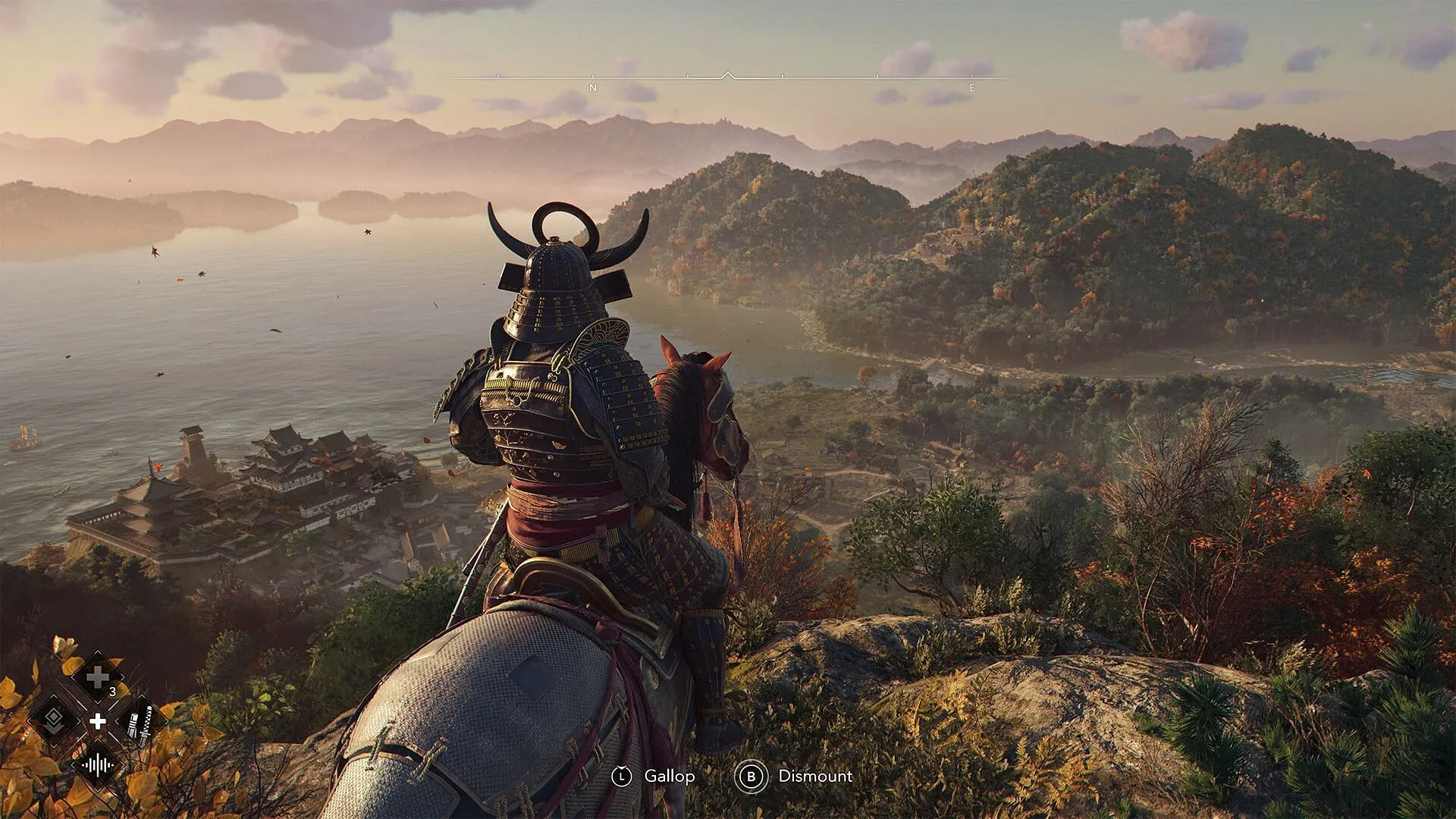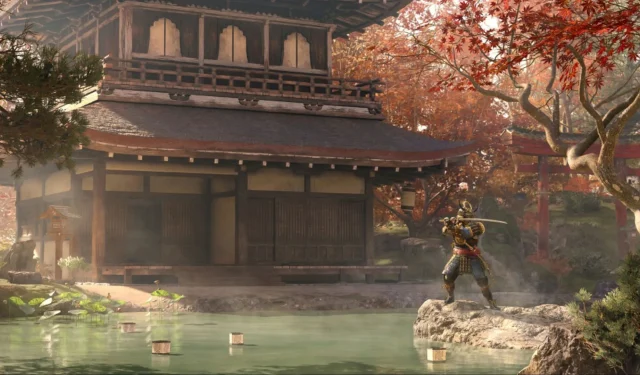The ongoing controversy regarding Assassin’s Creed Shadows has escalated to a significant level, prompting a response from Japan’s Prime Minister, Shigeru Ishiba. During a recent conference, Ishiba addressed concerns about the game, particularly focusing on its depiction of the Itatehyozu Shrine, a real Shinto shrine that is portrayed as being destroyed by the game’s protagonist, Yasuke.
This portrayal has ignited discussions about cultural sensitivity, as government officials and local religious leaders feel that such actions, even fictional, could influence inappropriate real-world behaviors, including vandalism and potential acts of terrorism. Below, we delve into the key aspects of Ishiba’s statement and the implications it holds.
The Prime Minister’s Concerns Over Cultural Sensitivity

Itatehyozu Shrine, situated in Himeji, Hyogo Prefecture, is a revered site among the Shinto community. The decision to include its destruction in the game’s narrative has been deemed insensitive. Notably, it has been disclosed that neither shrine officials nor local priests were consulted prior to featuring the shrine in the game, raising further concerns within the community.
In response to inquiries from politician Hiroyuki Kada, Prime Minister Ishiba articulated his worry:
“I fear that allowing players to attack and destroy real-world locations in the game without permission could encourage similar behavior in real life. Shrine officials and local residents are also worried about this. Of course, freedom of expression must be respected, but acts that demean local cultures should be avoided.”
The Prime Minister reiterated the importance of discussing the issue with relevant government departments, including the Ministry of Economy, Trade and Industry, the Ministry of Education, Culture, Sports, Science, and Technology, and the Ministry of Foreign Affairs. He firmly stated that actions undermining the sanctity of sites like Itatehyozu Shrine are “out of the question”and represent “an insult to the nation itself.”
Reflecting on a past campaign involving Japanese customs, Ishiba noted the necessity for respect towards different cultures:
“When the Self-Defense Forces were deployed to Samawah, Iraq, we ensured they studied Islamic customs beforehand. Respecting the culture and religion of a country is fundamental, and we must make it clear that we will not simply accept acts that disregard them.”
Ubisoft’s History of Cultural Missteps
This controversy is not entirely new for Ubisoft, as the developer has faced criticism in the past for their representations of Japan in the Assassin’s Creed series. Notably, a planned pre-order bonus featuring a one-legged Torii Gate, which symbolizes the separation between the sacred and the mortal, was subsequently withdrawn after backlash. Ubisoft has issued multiple apologies to not only the Japanese audience but also to their global fan base for previous missteps.
The combination of sensitivity toward cultural representation and accusations of politically charged narratives have posed challenges for Assassin’s Creed Shadows since its announcement. Despite these hurdles, initial player feedback appears to be more favorable than anticipated, offering Ubisoft a reprieve while leaving uncertainty about future developments.
Currently, Assassin’s Creed Shadows can be accessed on PC, PS5, and Xbox Series X|S platforms.


